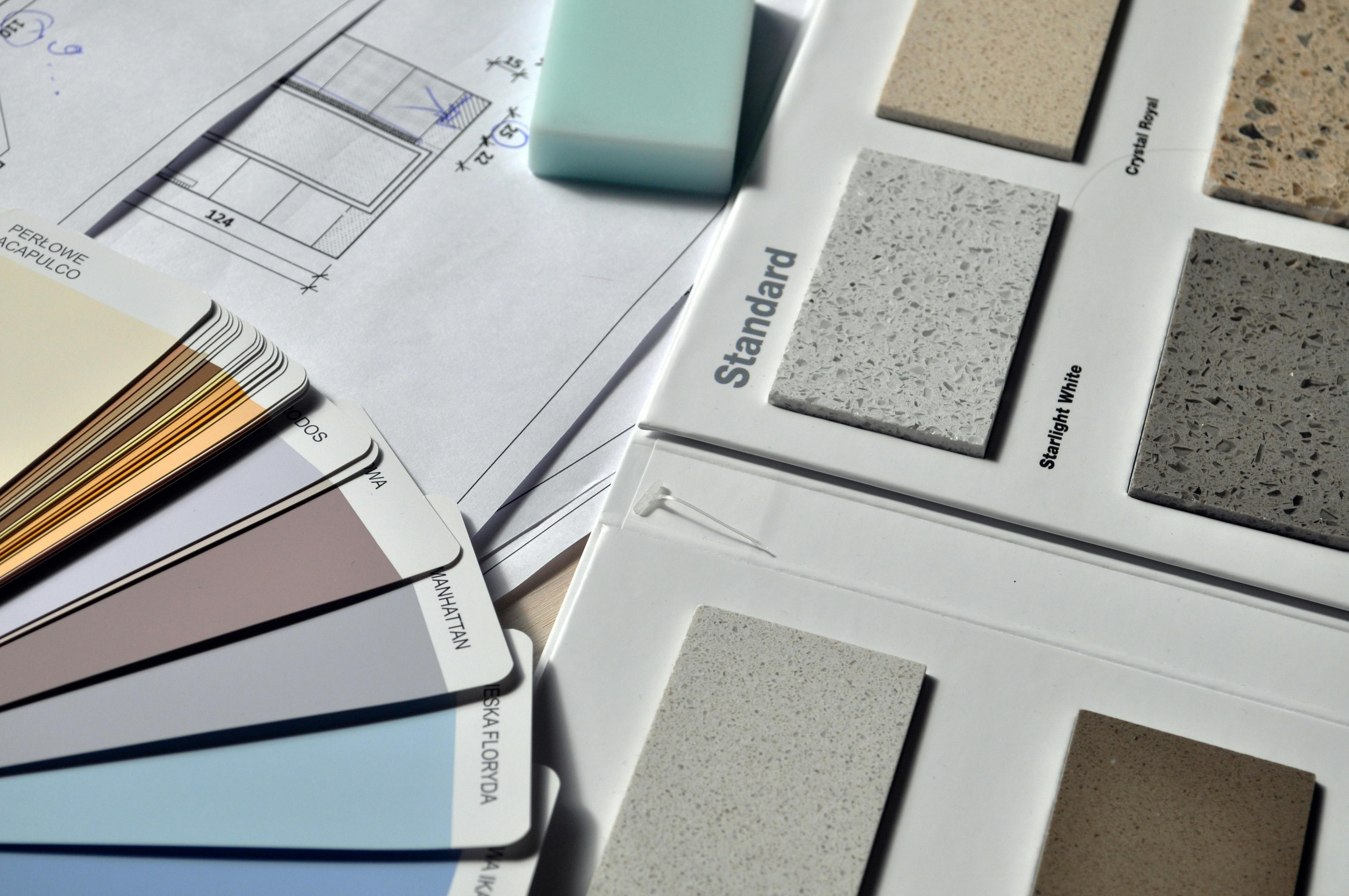What are the Benefits and Types of Exterior Wall Paints?
November 29, 2024

Exterior wall paint protects the building from extreme weather and moisture. Your colour selection for the exterior wall paint complements the surrounding environment. Choosing a suitable exterior paint can be challenging if you are a homeowner or have a large factory to maintain. If you don’t know about different types of exterior paints, Commercial Painters London is here to help you. Here, we will discuss various types of exterior paints and their applications. We will also explain the benefits and challenges of different painting options. We are here to help you understand how you can increase the longevity of your building through external painting.
Why should you invest in exterior painting?
The exterior portion of the wall is vulnerable to extreme weather conditions. A layer of premium-quality painting on exterior walls can protect your house or commercial property and help increase the lifespan of the entire building. Modern waterproof paints can prevent water from entering into the wall. So, applying exterior paint protects the substrate from water-related damage. External painting enhances the building's beauty and protects it from extreme weather conditions. A professional painting contractor can help you choose appropriate shades of color. Industrial exterior wall painting is a more complicated process than domestic projects. Moisture or water can seep into walls and damage the internal structure of an industrial building. Exposure to chemicals can also damage external walls. Investing in exterior painting will help you protect industrial property from wear and tear.
What are the available types of external paints in the UK?
Different types of external paints are available in the UK, depending on where you plan to apply them. Materials and processes of external painting differ for concrete walls, external wood walls, and metal surfaces. This discussion will focus on the methods and materials for concrete walls. The types of external paints include:
Limewash
Acrylic Masonry paint
Silicone masonry paint
Oil-based masonry paint
Let’s discuss these paints and their benefits in detail.
Limewash
Limewash is a traditional method of external painting. It has become a popular method among homeowners and contractors due to the absence of harmful chemicals. Limewash has been popularly used in historical buildings. Limewash has several benefits, including its water permeability, breathability, and cost-effectiveness. Limewash putty can be applied on external walls to protect the substrate from water, cold, or heat. Due to its water permeability, limewash coating can be used to wet walls, damp walls, or areas where water naturally collects. Limewash putty will help internal water evaporate quickly. At Commercial Painters London, we offer multiple colors to use in limewash putty.
Acrylic masonry paint
It is the most used exterior paint in the UK and a primary masonry paint. Acrylic masonry paint contains acrylic polymer emulsion, pigments, stabilizers, and others. This type of paint is water-based, so it dries off quickly. Despite its water base, the paint can be water resistant after drying. However, it can never be entirely waterproof. It is vulnerable before extreme rain and, over time, may peel off from the substrate. The acrylic paint is cheaper to manufacture, making it a good economic choice. You can use it to paint your garden wall or somewhere you do not want to invest heavily.
Silicone masonry paint
This is the most advanced painting solution available in the UK market. It contains silicone resin that makes it water-repellent. Along with its high breathability technology, silicone masonry paint stands out as the painting option for external painting. Water-repellent technology protects the substrate from absorbing external water. At the same time, breathability allows internal moisture to evaporate. This helps maintain the paint's lifetime of at least 20+ years. Silicone masonry paint is slightly more costly than other masonry paint in the market. However, the long-term value compensates for its one-time investment.
Oil-based masonry paint
The oil-based masonry paint, also known as pliolite, is more suitable for use in industrial settings. Generally, the paint is used for weather conditions below 5° C. Or, it can be used in rainy seasons if other options are unavailable. Oil-based masonry painting has higher water resistance than any other masonry paint. You can use oil-based masonry paint if you have an emergency or live in a stormy area.
Conclusion
Exterior wall painting can increase the longevity of your building. Water-resistant acrylic masonry painting is an economical solution for external wall painting. Silicone-based masonry painting offers better protection from water. Otherwise, you can also use oil-based masonry painting for absolute waterproofing, but it's not suitable for residential houses. It may be an appropriate option for industrial usage. Contact Commercial Painters London today if you are looking for a commercial painting contractor.
Recent Blogs
- Important Tips to Follow Before Choosing Your Commercial Painting Contractor
- Eco-Friendly Paints: A Sustainable Options for Commercial Buildings
- The Benefits of Professional Commercial Painting Over DIY Solutions
- Few Tips to Successfully Complete Your Residential Painting
- Elastomeric Coating: Usage and Benefits